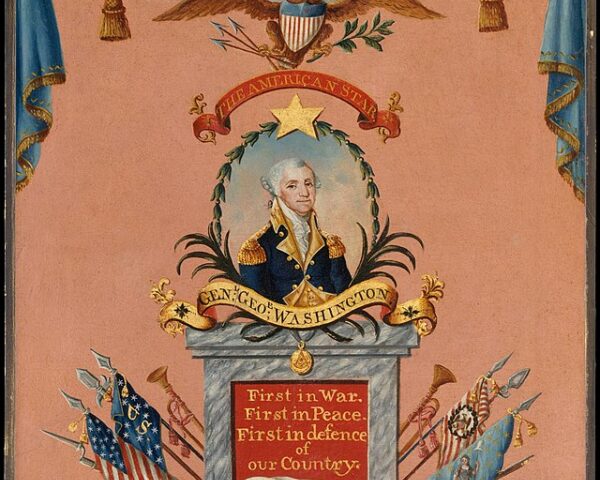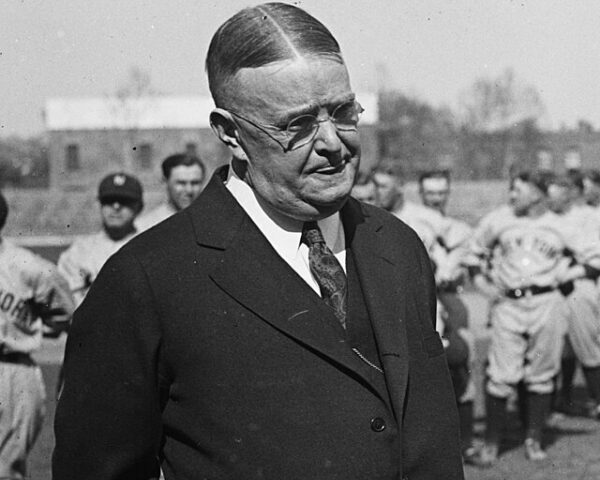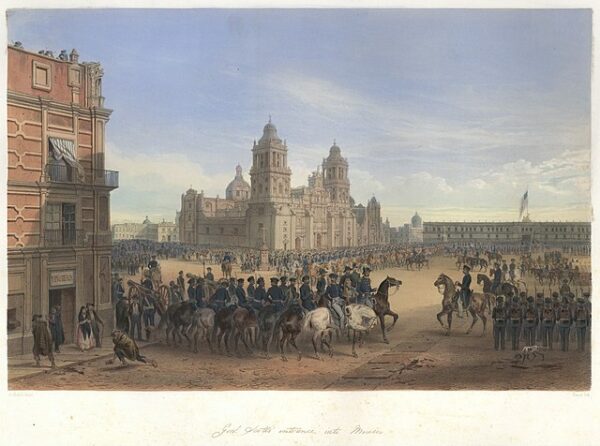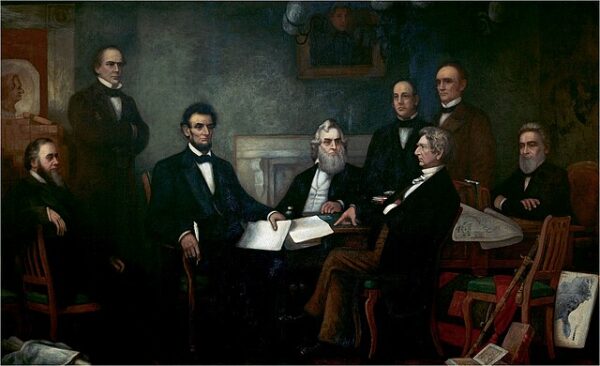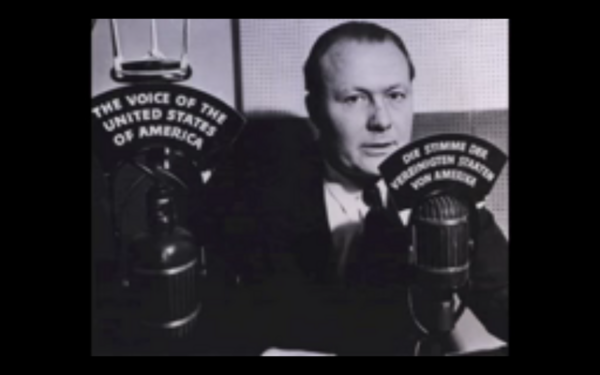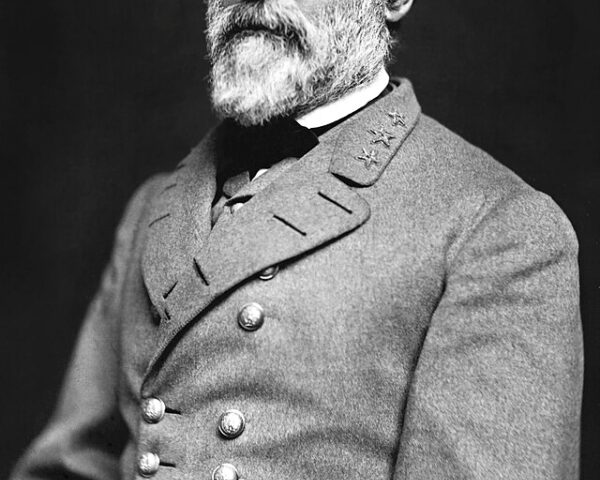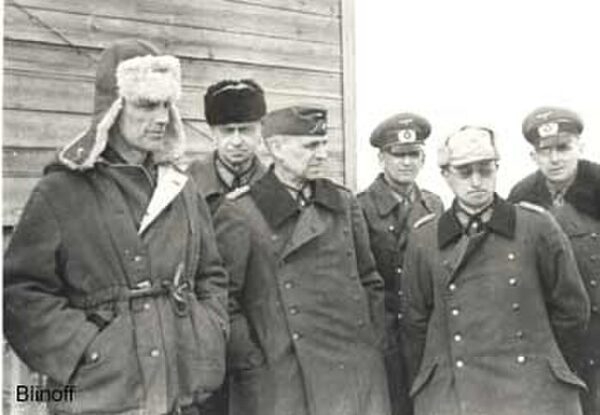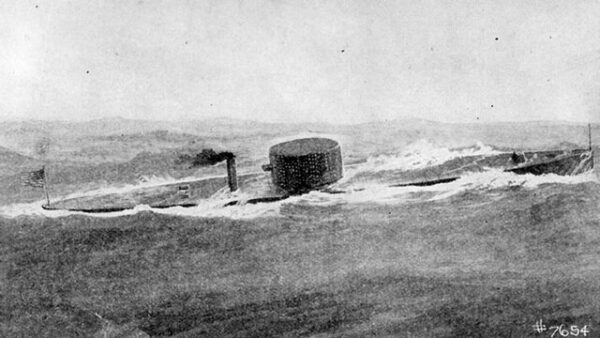On February 4, 1789, George Washington unanimously won the Electoral College, becoming the first winner of a presidential election. Washington’s reluctance to assume the presidency further solidified his image as a leader of virtue and selflessness and, in many ways, contributed to the unanimity.…
Read MoreOn February 2, 1900, representatives from Boston, Detroit, Milwaukee, Baltimore, Chicago, and St. Louis reached a consequential agreement that would reshape professional baseball in the United States. Meeting quietly but decisively, the clubs resolved to organize themselves into what would soon be known as…
Read MoreOn February 2, 1848, the Treaty of Guadalupe Hidalgo was signed, officially ending the Mexican-American War. This agreement fundamentally altered the territorial boundaries of both nations, with Mexico ceding a vast portion of its northern land to the United States. While this expansion significantly…
Read MoreOn February 2, 1887, the people of Punxsutawney, Pennsylvania, decided to become America’s official winter forecasting site by celebrating Groundhog’s Day. This unique tradition centers around Punxsutawney Phil, a groundhog designated by the town’s Groundhog Club to predict the weather. Drawing from ancient European…
Read MoreOn February 1, 1865, Abraham Lincoln affixed his signature to the Thirteenth Amendment to the United States Constitution, completing the final executive step in abolishing slavery throughout the nation. The act itself—quiet, procedural, and almost anticlimactic—belied the enormity of its meaning. With a few…
Read MoreAs war raged across Europe, America knew it needed to find its “voice.” Amidst the throes of World War II, the United States government recognized the need for a propaganda tool to counteract the misinformation spread by Axis powers. Voice of America began its…
Read MoreOn January 31, 1865, Robert E. Lee was appointed general-in-chief of all Confederate armies, a decision that came during the final, desperate months of the American Civil War. By this point, the Confederacy was struggling against relentless Union advances, and its military situation was…
Read MoreOn January 31, 1943, the German military catastrophe at Stalingrad reached its irrevocable conclusion. That day, Friedrich Paulus, commander of Germany’s Sixth Army, surrendered the southern pocket of his trapped forces to the Soviet Red Army. Two days later, the remaining German units in…
Read MoreOn January 31, 2020, Great Britain struck out on its own, officially leaving the European Union in a historic move known as Brexit. This departure marked a significant milestone in European politics and ended a complex, often contentious relationship between the UK and the…
Read MoreOn January 30, 1862, in the depths of the American Civil War, a vessel unlike any the world had ever seen slid into the waters of New York Harbor. The USS Monitor, squat, low-slung, and almost unsettling in appearance, marked a decisive break with…
Read More

